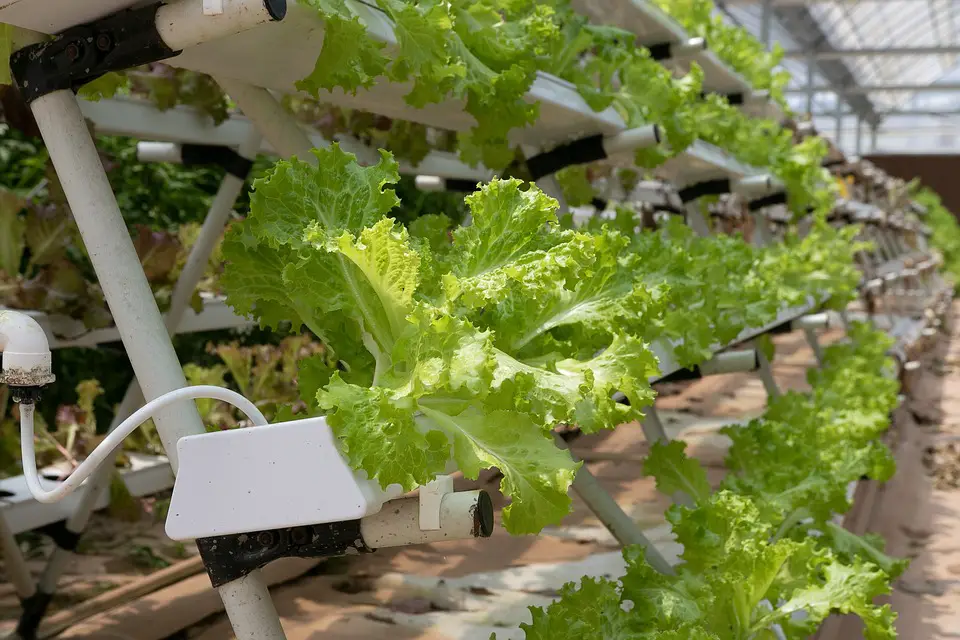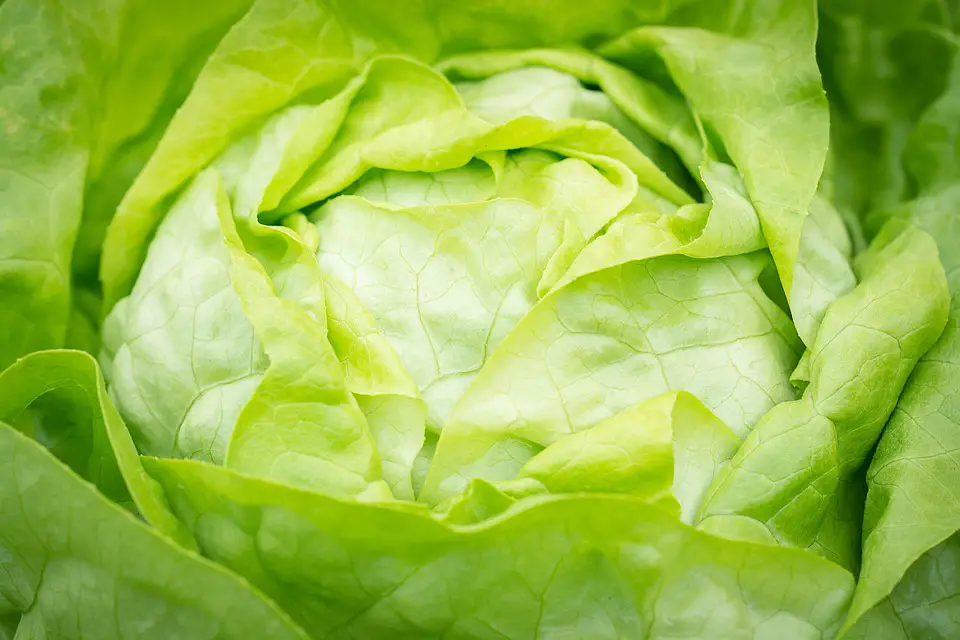Introduction
Hydroponic gardens are gaining popularity among homeowners worldwide as a convenient and efficient way to cultivate plants within the comfort of their own homes.
Traditional gardening methods are being replaced by these modern systems due to their numerous benefits and ability to grow plants without soil.
In this article, we delve into the reasons why hydroponic gardens are taking root in homes everywhere.
The Advantages of Hydroponic Gardens
Hydroponic gardens offer several advantages that make them stand out from traditional gardening methods.
Firstly, these systems use significantly less water compared to soil-based gardens.
The ability to recirculate and reuse water makes hydroponics an environmentally friendly choice.
Moreover, since plants receive direct access to water and nutrients, their growth is accelerated, resulting in higher yields.
A Space-Saving Solution
One of the reasons homeowners are turning to hydroponic gardens is their ability to save space.
In urban areas with limited outdoor gardening areas, hydroponics provide a practical solution.
These systems require a fraction of the space required by traditional gardens as no soil is needed.
Vertical gardening is also made possible with hydroponics, allowing homeowners to make the most of their available space.
Year-Round Gardening
Traditional gardening is often limited to specific seasons, but hydroponics enable year-round cultivation.
By controlling the growing environment, including temperature, lighting, and nutrients, plants can thrive irrespective of external climate conditions.
With hydroponic gardens, homeowners can enjoy fresh produce regardless of whether it’s winter or summer.
A Clean and Pest-Free Environment
Hydroponic gardens eliminate the risk of soil-borne pests and diseases, which can wreak havoc on traditional gardens.
The absence of soil prevents the transmission of harmful pathogens, reducing the need for pesticides and harmful chemicals.
Additionally, hydroponic systems can be set up indoors, protecting the plants from unpredictable weather conditions and allowing for year-round gardening pleasure.
An Educational and Engaging Activity
Hydroponics can be an excellent educational activity for children and adults alike.
By observing how plants grow and interact with the hydroponic system, individuals can gain a deeper understanding of plant biology and the importance of sustainable cultivation practices.
Whether as a classroom project or a personal hobby, hydroponics offer an engaging way to explore the world of agriculture.
FAQs
Q: What types of plants can be grown in hydroponic gardens?
A: In hydroponic gardens, various types of plants can be grown, including vegetables, herbs, flowers, and even certain fruits.
Q: Is hydroponic gardening difficult to set up?
A: While hydroponic gardening may seem complex initially, it can be easily set up with the right guidance and equipment.
Numerous resources, guides, and pre-made hydroponic kits are available to simplify the process for beginners.
Q: How much time and effort does hydroponic gardening require?
A: Hydroponic gardens generally require less time and effort compared to traditional gardens.
Once the system is set up, maintenance primarily involves monitoring water levels, nutrient concentrations, and pH levels.
However, some initial effort may be required to set up the system and ensure it is functioning correctly.
Q: Can hydroponic gardens be sustainable?
A: Yes, hydroponic gardens can be highly sustainable.
By using less water, reusing resources, and consuming fewer pesticides, hydroponics can significantly reduce environmental impact.
Additionally, the controlled environment allows for efficient water and nutrient usage, resulting in higher yields with fewer resources.
Q: Can hydroponic gardens be cost-effective in the long run?
A: While the initial setup of a hydroponic garden may require an investment, it can be cost-effective over time.
The higher yields and faster growth of plants can lead to savings on grocery bills.
Moreover, the ability to grow plants year-round reduces the need to purchase out-of-season produce.





